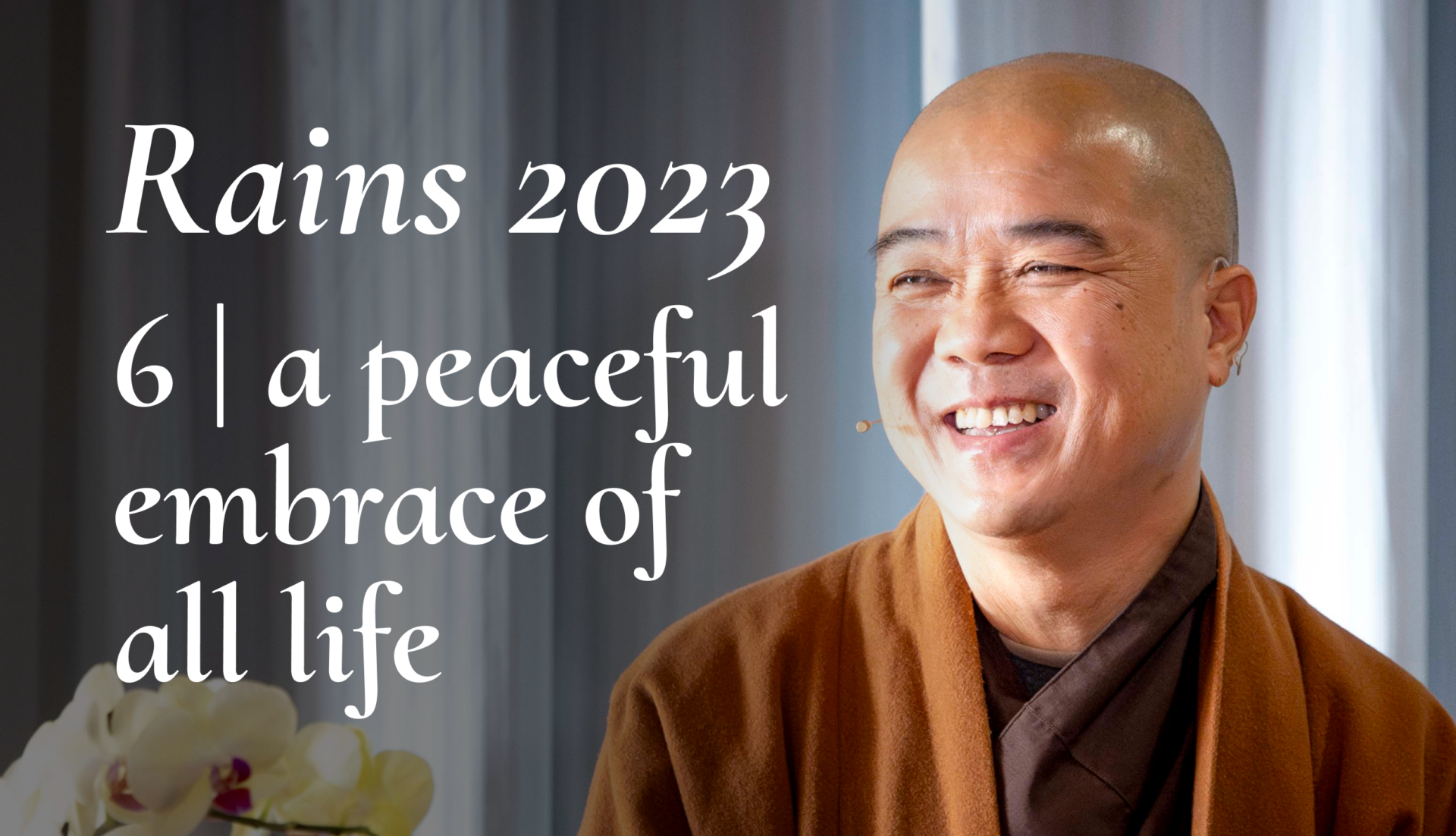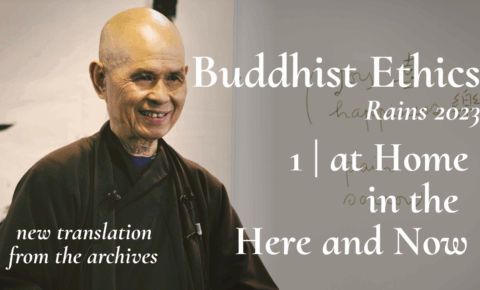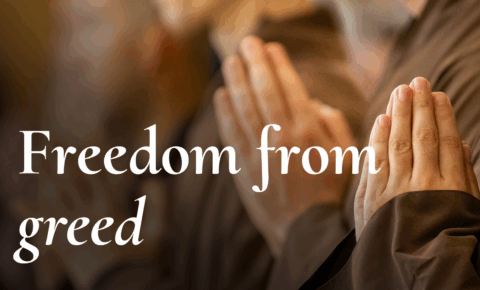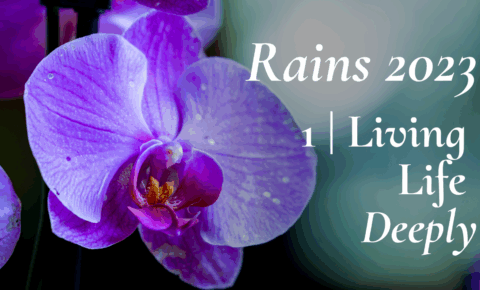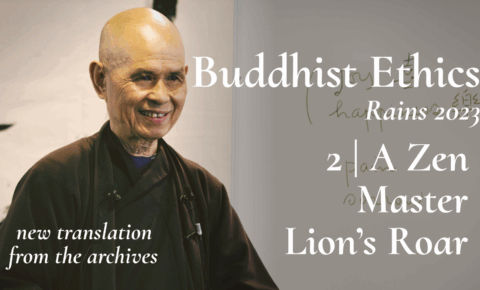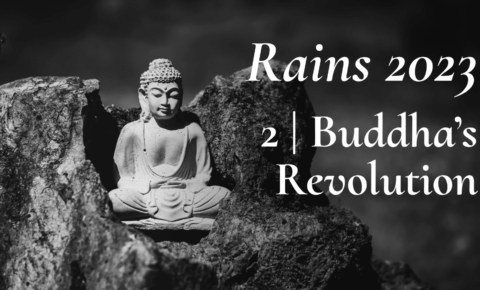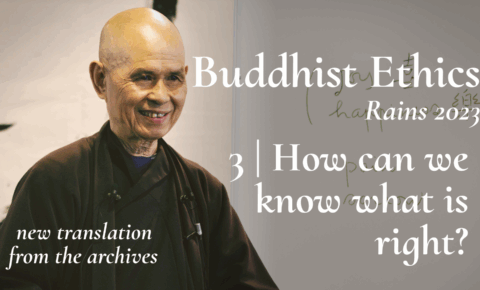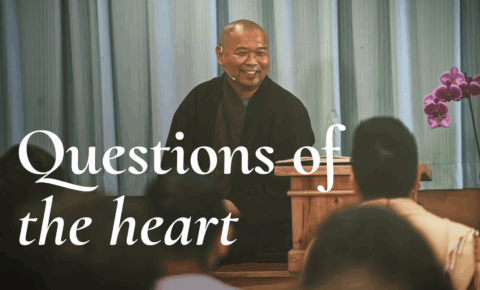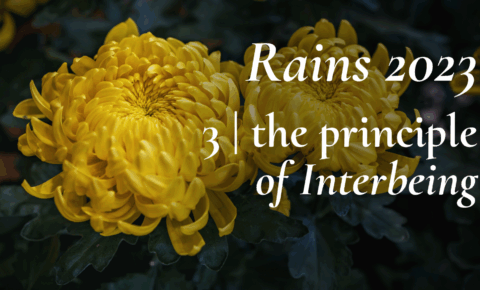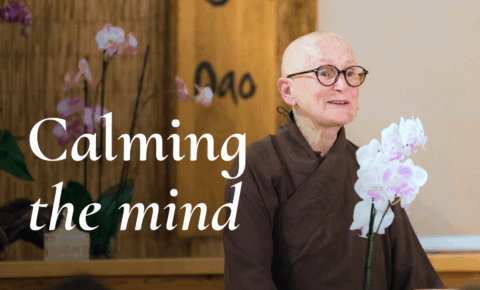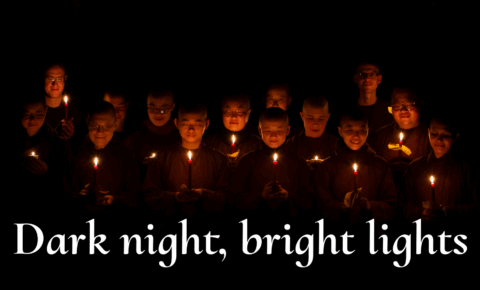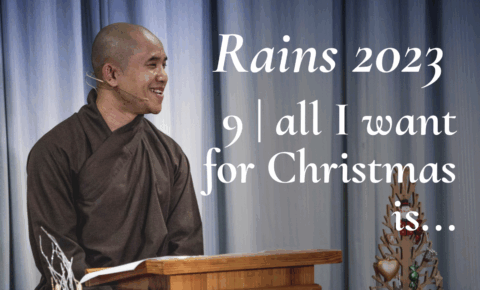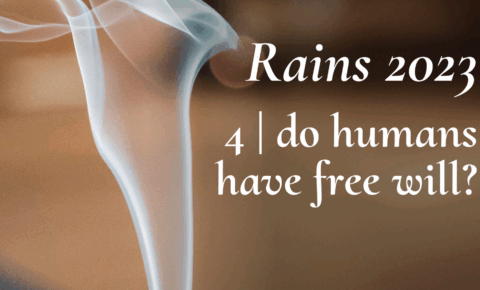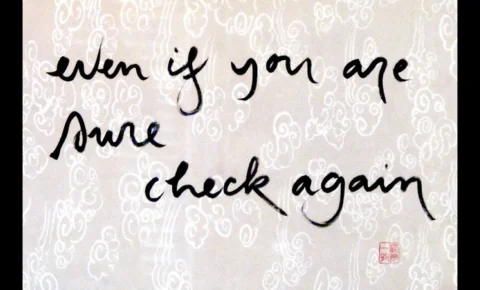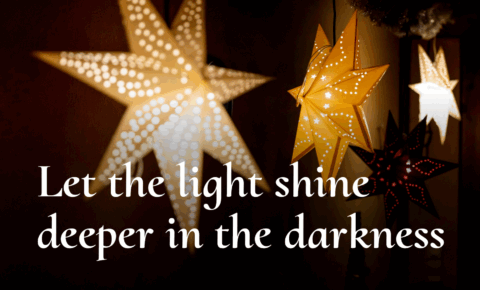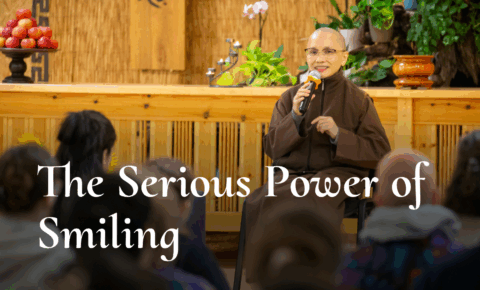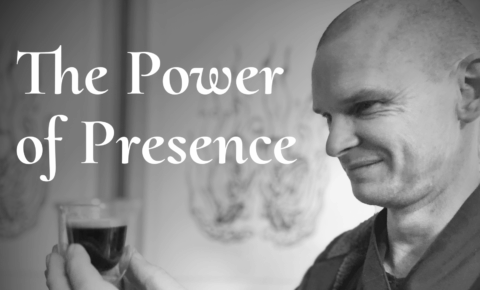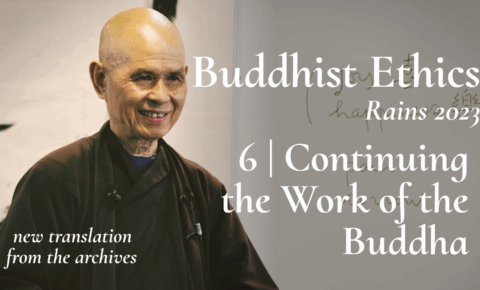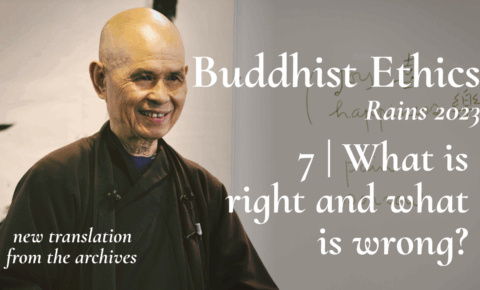This Dharma Talk was recorded on the 10th of December 2023 in Upper Hamlet, Plum Village (France). It is the sixth talk of the Rains’ Retreat 2023 Sunday Talk series.
0:34: 🌱 Brother Phap Ung shares about the interconnectedness of ethics, mindfulness, and compassion in the context of human existence and suffering.
• 0:34: Exploration of the link between normative ethics, metaethics, and applied ethics.
• 5:22: Cultivation of compassion, gratitude, and mutual support through the awareness of mutual nourishment.
• 9:23: Understanding the connection between right action, suffering, and happiness.
• 11:15: The analogy of the lotus growing in the mud, symbolizing growth and beauty from understanding and love of suffering.
• 12:22: The use of a hammer and nail analogy to illustrate the process of transforming and healing suffering without discrimination.
12:43: 🤝 Brother Phap Ung shares about the concept of meta-ethics and the interconnectedness of right and wrong, happiness and suffering.
• 12:43: The importance of understanding and applying meta-ethics in our actions and interactions with others.
• 16:45: The idea of returning home to our roots and recognizing the conditions and influences on our actions.
• 18:51: The story of seeking forgiveness and beginning anew in a community setting.
• 21:25: The concept of transcending the notion of right and wrong, happiness and suffering.
• 22:52: The practice of including suffering and wrongdoing in our compassion and understanding.
• 23:35: The importance of knowing what is appropriate and suitable based on the state of our body and mind.
• 24:12: Personal example of applying meta-ethics in making dietary choices for health reasons.
24:38: 🌍 Brother Phap Ung shares about the importance of compassion, understanding, and interdependence in achieving peace and addressing conflicts.
• 29:03: Peace is not a destination, but a way of understanding and approaching situations.
• 32:02: The root of war and conflict lies within the fear of non-being and the desire for survival based on a separate self.
• 37:34: Recognizing interdependence and cultivating inner peace is a pathway to addressing conflicts.
• 41:01: Practicing gratitude, compassion, and serving others are ways to take care of internal and external conflicts.
41:24: 🕊️ Brother Phap Ung shares about the importance of peace, forgiveness, and interdependence in overcoming internal and external conflicts.
• 41:57: Cultivating peace and non-fear is healing and nourishing.
• 42:59: Reflecting on the concept of winning and losing in the context of life and growth.
• 50:22: Exploring the cycle of war and the transmission of suffering through generations.
• 54:11: Highlighting the impact of childhood conditioning on perpetuating conflicts.
1:07:20 🎶 Our brothers and sisters offer the song “We Are One”, about cultivating the awareness of interbeing through music, meditating on suffering and happiness.
1:11:45: 🌍 The Song Ends: Brother Phap Ung continues his talk, sharing about the importance of living in harmony with the Earth and embracing a sense of community and inclusiveness.
• 1:19:43: Exploring the triple dimension: historical, ultimate, and action
• 1:22:18: Finding peace and meaning in the ultimate dimension
• 1:23:40: Understanding the no birth-no death nature of existence
1:25:31: 🌻 Promoting resilience, compassion, and support in the face of adversity.
• 1:25:31: Cultivating compassion and understanding through suffering
• 1:26:04: Emphasizing the ability to rebuild and manifest resilience
• 1:27:06: Encouraging support for life and renewal
1:28:09: 🎶 Inviting our venerable sister Chan Khong to sing a beautiful song in Vietnamese about finding solidity and compassion with the practice of interconnectedness
You can help us caption and transcribe this video on Amara
